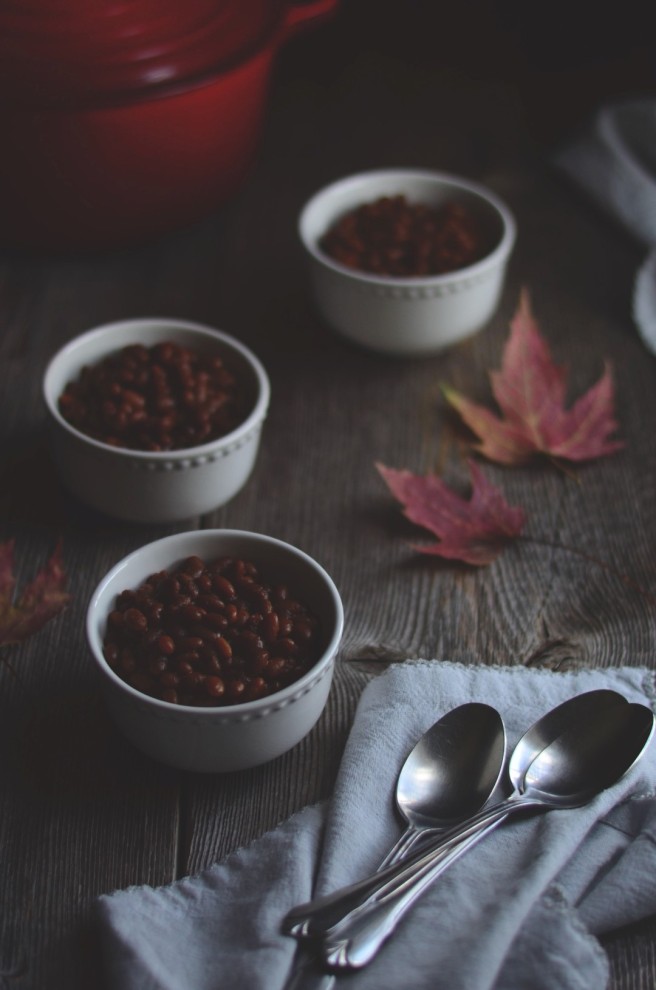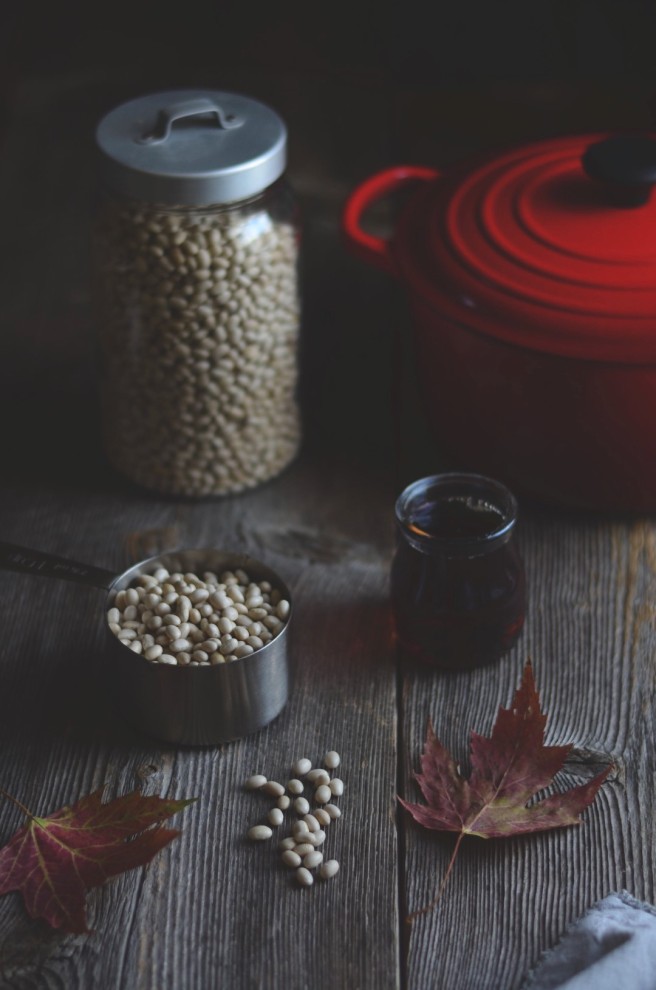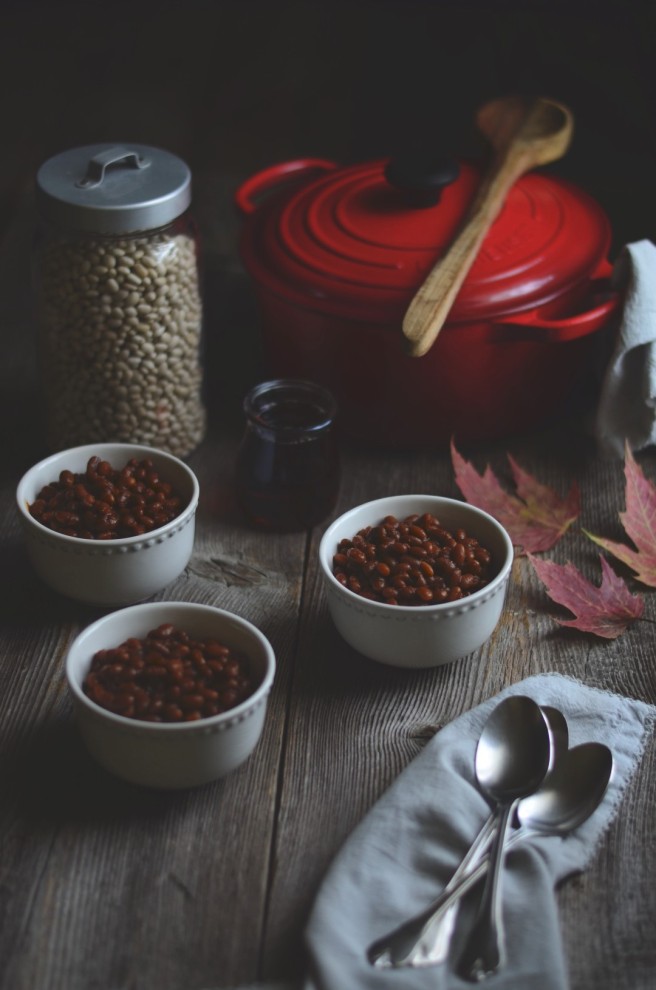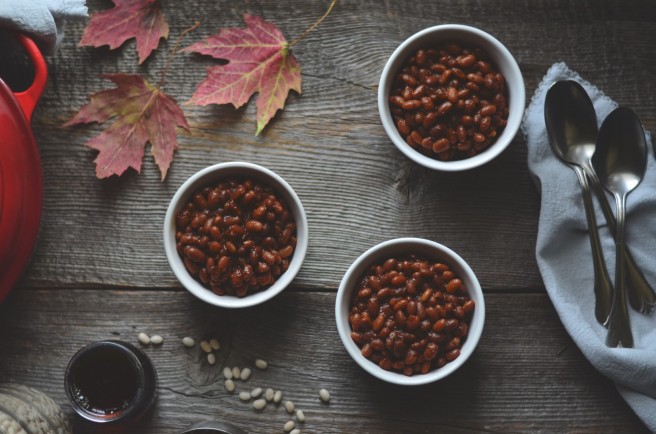We do not inherit the earth from our ancestors; we borrow it from our children. -Indigenous wisdom
When we first moved to Canada in the 70s, we lived in the eclectic neighbourhood of Mile End in Montréal, home already to successive waves of new immigrants who had come before us. In a way, our first neighbourhood was a fairly good representation of the population of the country at large and a pretty good place to start new roots. However, of all the other people who had settled here before us, the people with whom my parents identified most with were not immigrants at all.
 It was, in fact, the Indigenous people living in Canada with whom my parents felt a special kinship. Ironically though, we didn’t know a single Indigenous person at the time. Everything that my parents learned about them came from CBC and NFB documentaries via our grainy, black-and-white television.
It was, in fact, the Indigenous people living in Canada with whom my parents felt a special kinship. Ironically though, we didn’t know a single Indigenous person at the time. Everything that my parents learned about them came from CBC and NFB documentaries via our grainy, black-and-white television.
Interestingly, we had the name Indian in common. But it wasn’t this common name that lead way to my parents’ affinity to them, it was their traditional way of life. You see, my parents had grown up in a circular economy of rural India. And as with the Indigenous people’s traditional way of life (and unlike our new city life here), everything they had needed came from nature and everything they had done was in harmony with nature. Although it was easy to adapt to the conveniences modern city life offered, surely the differences between our new life here and the life we had left behind were not lost on them. Long before environmental concerns and local food movements became mainstream, I grew up hearing faint whispers of these concerns in my parents’ everyday conversations.

As a child of course, documentaries on any topic were not my cup of tea. However, I do recall great excitement in our living room one day as my parents watched with utmost fascination how Indigenous people collected sap from maple trees. It struck a chord with them as they had seen this before only in their old homeland. In India, the sap of date palm trees is collected and used as a thirst quencher, sweetener, as well as making palm wine.

Here in Canada, the hidden treasure of maple trees that is collected during the fleeting days during which wintry weather transitions to springtime and when the outside temperature warms just enough to allow the sap to flow has long been known to its Indigenous people. They shared their knowledge of this treasure with the newly arrived European settlers (there’s even a Heritage Minutes made on it) and the rest is history. Maple syrup would go on to become an iconic symbol of Canada, deeply rooted in our history, in our traditions, our rare jewel renowned and exported worldwide. And it would even help connect my Indian parents to their new homeland as well.

Baked beans, a traditional French Canadian dish, consists of beans that are slow-cooked in pork fat and flavoured with maple syrup. Traditionally, it was for hunters and explorers. Since our lifestyle is much more sedentary, leaving out the pork fat is well justified. This is my vegan version of this traditional dish.
Vegan Baked Beans (Fèves au Lard)
(serves 8-10 This recipe works best in this large amount, don’t worry though, it tastes even better the following days!)
- 450 g dried navy beans
- 150 g (about 1) onion, finely diced
- 150 ml tomato paste
- 80 g maple syrup
- 80 g molasses
- 1 tbsp muscovado
- 1 tbsp apple cider vinegar
- 1 1/2 tbsp salt
- 1 tsp ground yellow mustard seeds
- 1/2 tsp ground pepper
- 1/4 tsp ground cinnamon
- Wash and rinse beans a few times. Let soak overnight in a large bowl with sufficient water.
- The next morning, rinse the beans with fresh water a few times and then strain. Combine beans and all the other ingredients in a dutch oven*. Add enough water to just cover everything.
- Bring to a boil, then reduce stove setting to the lowest setting that maintains a simmer and cover.
- Cook for 7-8 hours. Stir occasionally to make sure it does not dry up. (If it looks dry, you can add water but it may also mean that your stove setting is too high. I have never needed to add any extra water.) Alternatively, you may use a slow cooker (I don’t have one) or bake in the oven (I’ve never tried it).
*I used a 4.2 L enameled cast iron dutch oven, highly recommended for this recipe for its heat retaining properties.

Wonderful recipe!
Thank you so much!
A beautiful read! Beautiful combination of flavours. Bookmarked this. Thank you Annika
Thank you Sir!
I always love the story behind your recipes and how you so generously show a little bit of who you are.
I also LOVE beans and have them almost every day and this recipe sounds lovely.
Thank you for sharing.
A hug for you!
I’ve never had baked beans, I’m not ashamed to say, but I’ve heard a lot about them and wanted to try them for so long. I did not know that they had pork fat in the preparation, so I’m glad I did not try them. Now that you have a vegan recipe, that also uses maple syrup, the Canadian “icon” I love the most, I will make them and enjoy them!
I inherit this from my husband’s French roots. Sadly, though we do not have the original recipe with the pork fat. But this vegan version is extremely tasty and satisfying as well…. do try it!
Your photography is stunning!
Thank you!
What a fantastic story – thank you for sharing the memories, and the recipe inspired by them
Thank you dear!
That’s a beautiful back story. But people these days are going back to their garden to farm. They fins time to cook with vegetables and fruits grown by them in the most organic of circumstances because of the increasing health hazards due to unknown pesticide use in the market. A recently realized commercial film in Malayalam (my language) presenter among other things how vegetables stay fresh for longer days, which has rattled at least a handful of people taking them back to growing their own crop in their balconies in their aprarments
Thank you. Yes, you are right. There is a growing movement towards eating well, sustainably and environmentally sound which is very optimistic but I think as a society at large (here in the West) and globally a lot more needs to be done. Any medium to spread awareness (as the one you have mentioned) is great!
A lovely read, Annika. I’ve always loved baked beans but these look extra delicious. Great combination of flavours – I especially like the maple syrup, cinnamon and apple cider vinegar. Another recipe I must try!
Thank you Tracey. If you try it in a slower cooker or oven, I’d be curious to know how it turns out.
I will have to try your version Annika. It sounds delicious with the maple syrup.
Thank you Myra. I have to try yours as well. I remember showing it to my husband and he found it to be the closest to what he had growing up, unfortunately we don’t have that family recipe.
How beautifully you explore the connection. That was a wonderful read.
Thank you, glad you enjoyed it!
I love maple syrup and love baked beans, but still have trouble combining the two in one dish. I love your addition of mustard. Maybe that will do the trick for me! 🙂
Ronit, I totally understand. I don’t think I could have sweetened beans everyday but this dish holds a special place here in Quèbec and it’s a must make at this time of the year… after that we forget about it (at least in my family!)
I definitely appreciate the traditional sentiment of such dishes. 🙂
What a beautiful story and write up Annika! I feel like I am right there with your family in the 70’s! Love the recipe and what a great combination of beans so staple to indian food and maple syrup!
Thank you Archana! Glad you enjoyed the write-up!